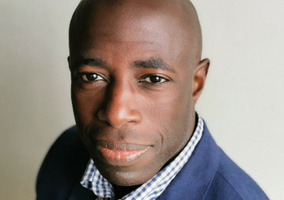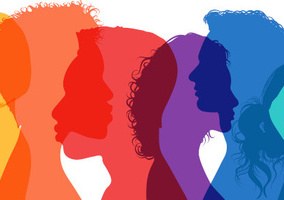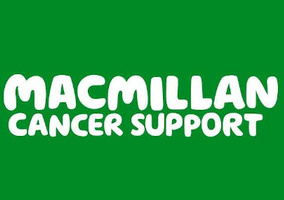Diverse recruitment in the charity sector is not just about picking one of each protected group, charity consultant and interim manager Elizabeth Balgobin said yesterday.
After sharing her lived experience of racism, Balgobin told an event that “how you address that isn’t about the window dressing, or ‘we’ll have one of each’, it’s about what your intentions are.”
She was speaking at Fundraising Live yesterday, an event organised by Civil Society Media. Balgobin was part of a panel discussion about removing barriers to entering the charity sector. She was joined by head of EDI at the Institute of Fundraising (IOF), David Mbaziira and the director of fundraising at GOSH Charity, Liz Tait.
Panellists spoke about the ongoing issue of the lack of diversity in the charity sector and what charities can do to combat it.
#NonGraduatesWelcome
Since 2014, Balgobin has been an interim CEO in eight different organisations, most recently London Plus and the Small Charities Coalition.
However, she said she would not be able to become a CEO today, as she did not finish her university degree.
“I’ve been a CEO for over 25 years. That’s a long time to be doing it then to be told I’m not good enough to do it,” Balgobin said.
She supports #NonGraduatesWelcome, a campaign calling for charities to remove the requirement to be educated to degree level from job specifications.
This is a requirement most likely to affect those from backgrounds traditionally underrepresented in the sector, as working-class people are less likely to attend university.
Balgobin advised the audience to remove these requirements from their job adverts, as talent is being missed because of it. Practically, she told the audience to use The Kickstart Scheme – an initiative by the government that creates new jobs for 16 – 24 year olds on Universal Credit.
‘EDI is messy – you will make mistakes’
Mbaziira, who has worked at the IOF since 2018, said that removing barriers to entry in the sector is nuanced. It is important to not only focus on helping those from ethnic minority and low-income backgrounds to enter the sector, but also neuro-divergent people and people with disabilities, he said.
“EDI is messy – you will make mistakes,” said Mbaziira. “It’s important you just start,” he added.
Mbaziira agreed that the intent behind an organisation becoming more diverse is important, and that to begin the process of becoming more inclusive means looking inwards first. Only then will you be ready to welcome more diverse people into your workplace, he said.
Balgobin and Mbaziira said that improving diversity in an organisation is an ongoing process. They both emphasised the importance of acknowledging and addressing your own subconscious bias during recruitment.
For example, Balgobin disagreed with blind recruitment in some cases, as you may be internally predisposed to someone who seems to write better than another candidate, she said. This would mean candidates would not start on an equal footing.
However, by addressing unconscious biases you can begin to address them, they agreed.
EDI at GOSH Charity is ‘by no means done’
Tait shared that at GOSH Charity the percentage of people from an ethnic minority at the charity has increased to 19% from 9% the year before.
However, she insisted EDI at the charity is “by no means done”. It’s a case of thinking “what more do we do now?” she said.
GOSH Charity launched its first EDI strategy for 2021 – 2024 last year. It commits to capturing EDI data for all staff and measuring inclusion in its annual staff survey.
Now, at GOSH Charity, every team has to attach EDI data to its business plan, Tait said. It can seem “overwhelming to make the change”, but it's important “to make every decision through an EDI lens”, she said.
Related articles












